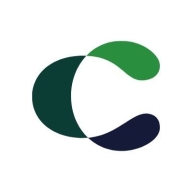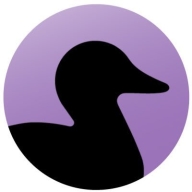

Find out what your peers are saying about SonarSource Sàrl, Veracode, Checkmarx and others in Static Application Security Testing (SAST).
| Product | Market Share (%) |
|---|---|
| Contrast Security Assess | 0.8% |
| SonarQube | 18.8% |
| Checkmarx One | 10.4% |
| Other | 70.0% |
| Product | Market Share (%) |
|---|---|
| Seeker Interactive | 0.9% |
| Cisco Umbrella | 31.3% |
| Zscaler Internet Access | 29.5% |
| Other | 38.3% |

| Company Size | Count |
|---|---|
| Small Business | 2 |
| Midsize Enterprise | 3 |
| Large Enterprise | 6 |
Contrast Security is the world’s leading provider of security technology that enables software applications to protect themselves against cyberattacks, heralding the new era of self-protecting software. Contrast's patented deep security instrumentation is the breakthrough technology that enables highly accurate assessment and always-on protection of an entire application portfolio, without disruptive scanning or expensive security experts. Only Contrast has sensors that work actively inside applications to uncover vulnerabilities, prevent data breaches, and secure the entire enterprise from development, to operations, to production.
We monitor all Static Application Security Testing (SAST) reviews to prevent fraudulent reviews and keep review quality high. We do not post reviews by company employees or direct competitors. We validate each review for authenticity via cross-reference with LinkedIn, and personal follow-up with the reviewer when necessary.